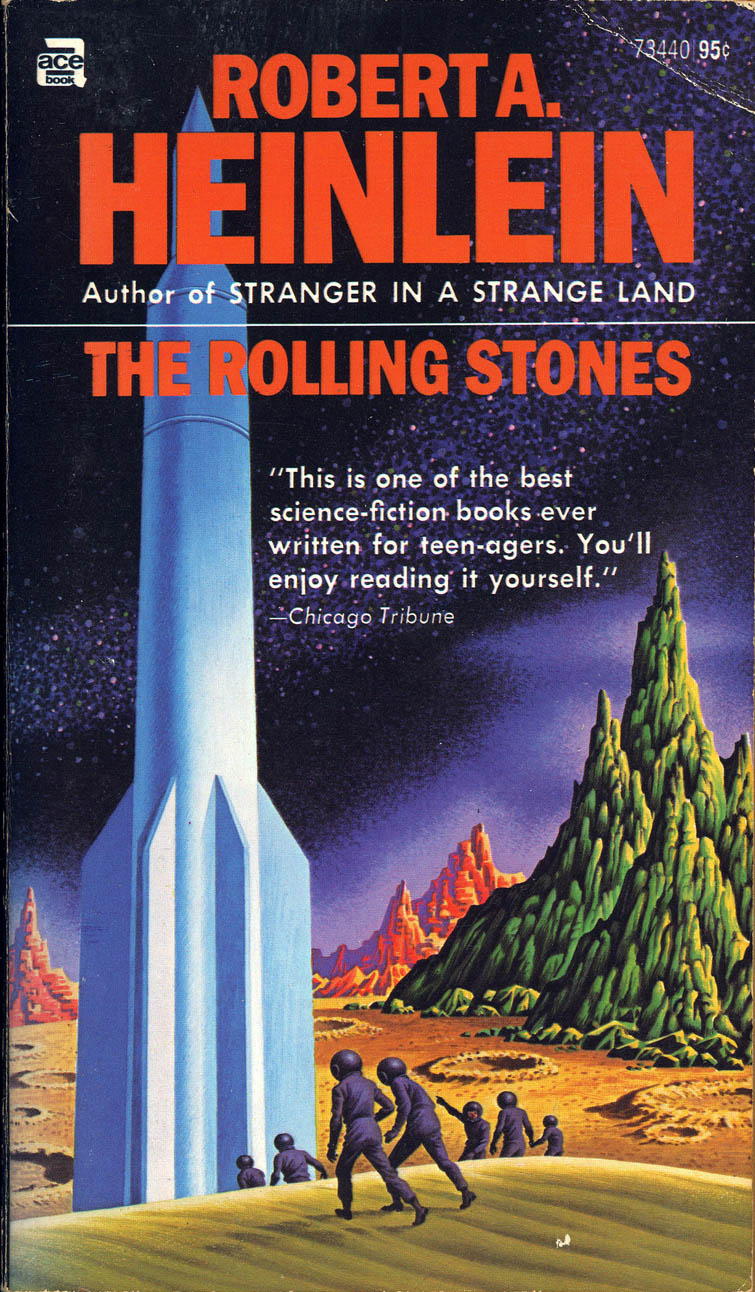Promises of genre
The easiest to notice and understand, for me at least, are the promises made by genre. In a romance you'll always want two people who belong together even though they probably don't see it in the beginning. In the end they must end up together. Unless you're Nicholas Sparks but that's a whole other ball of wax.In science fiction and fantasy which are the genres in which I feel most at home it has much more to do with the subgenre but even that's not a laser-proof indicator of what the story holds. Space opera in general promises adventorous good times and a happy ending with some sacrifices made along the way. It also promises some whizbang cool technology and space travels. The thing is though, that a space opera doesn't necessarily have to have a happy ending to be a space opera, nor does it necessarily need to be an adventure.
Epic fantasy makes different promises from urban fantasy which in turn makes different promises than steampunk. The problem with science fiction and fantasy as genres is that they're pretty young. They're still developing which means that the promises they make to the reader are not nearly as rigid as the promises more established genres like romance and thrillers make. Jeff Vandermeer's Southern Reach trilogy and Asimov's Foundation trilogy are both science fiction but they deliver a very different reading experience.
There are some few authors who manage to transcend the boundaries of genre to deliver a signature reading experience all their own. Neil Gaiman, Nnedi Okorafor and the aforementioned Nicholas Sparks are the three that come to my mind easily. But since most authors really, really aren't one of these people - I certainly am not - it's always a good idea to first and foremost keep in mind the promises made by the genre one has chosen to use.
Promises of tone
The second important promise an author makes to their reader is tone. Even within the same genre, the promises a dramatic story will give are entirely different from what a comedy gives. Robert Heinlein and John Scalzi deliver structurally very similar stories (according to Scalzi, this is by design) but again, the reading experience is very different. Tone can partly depend on the genre too. A children's book with a light and happy tone is more or less a must for anyone who actually wants people to read it whereas a YA book can be much more angst-ridden, although I'd still recommend adding lighter moments in there.
Of course there's more to tone than that. You couldn't write Sophie's Choice in a comic tone and expect people to go along with it. The dramatic material requires a serious tone. The same goes the other way too. Using a dramatic tone to narrate for example The Hitchhiker's Guide to the Galaxy would entirely defeat the purpose.
Of course there's more to tone than that. You couldn't write Sophie's Choice in a comic tone and expect people to go along with it. The dramatic material requires a serious tone. The same goes the other way too. Using a dramatic tone to narrate for example The Hitchhiker's Guide to the Galaxy would entirely defeat the purpose.
Promises of awesome
In my not so humble opinion the biggest promise every author ought to make is one of awesome. Whether that be in the form of transformative prose or the literal awesomeness of Howl's Moving Castle, it's important to endeavor not to waste the reader's time. If David Farland is correct in his theory of fiction being a form of emotional exercise then I think it's fair to say that we should strive to be worthy of that exercise. And we do that by being awesome. Although I'm not entirely sure that's something I know how to plan. Which is exactly what continuing education is for.
What are the promises you like most? What are the promises you have most trouble with?



